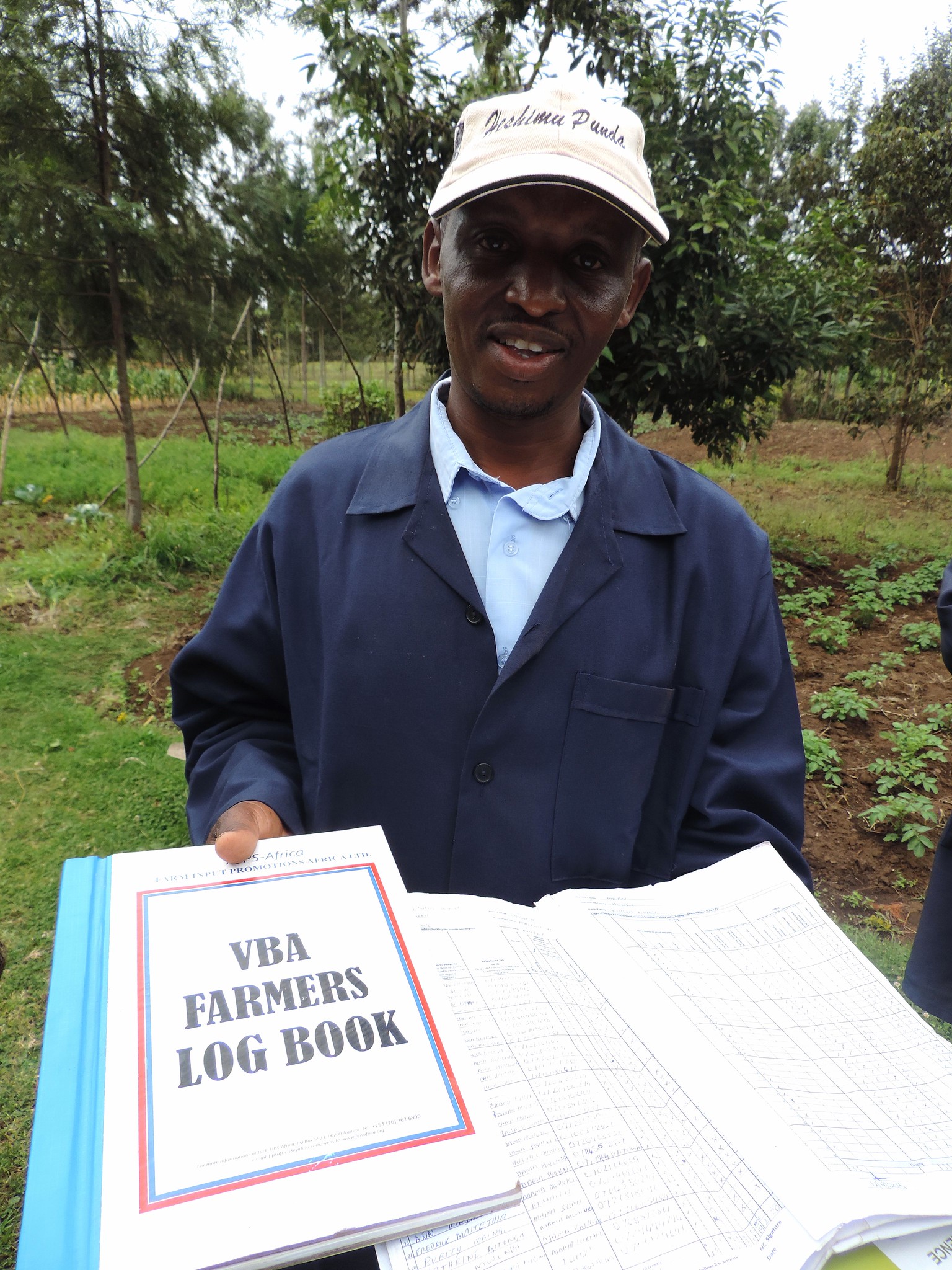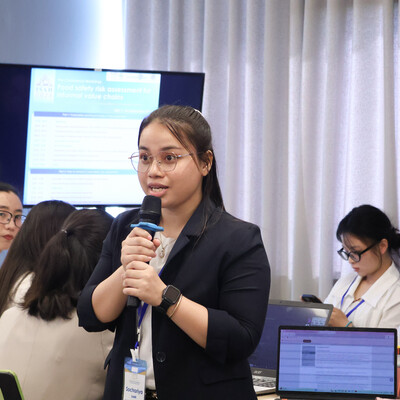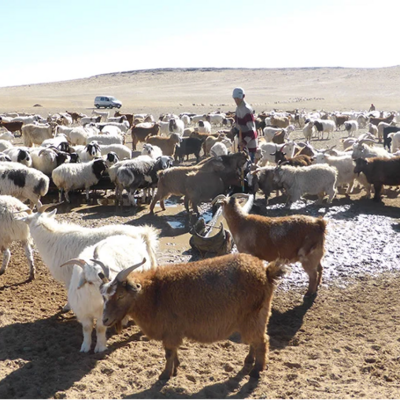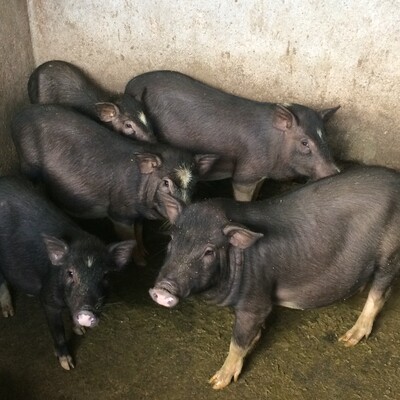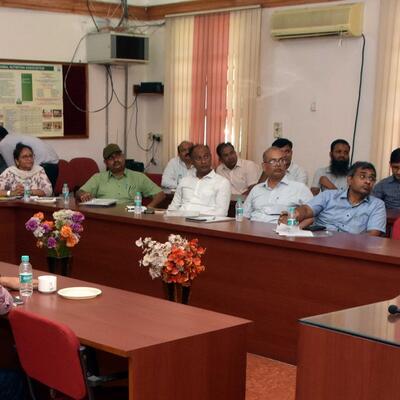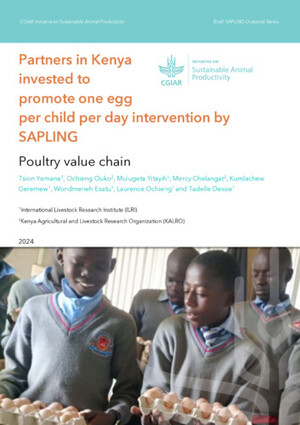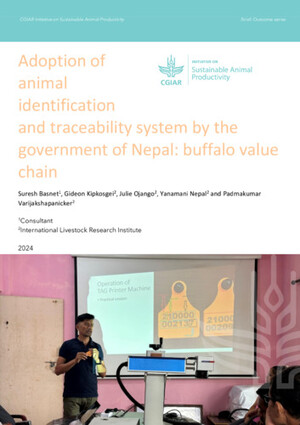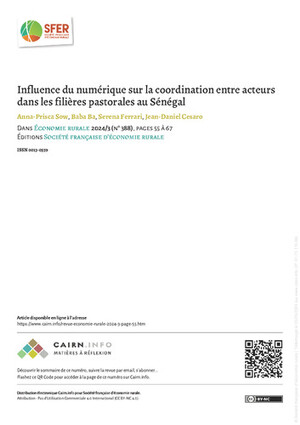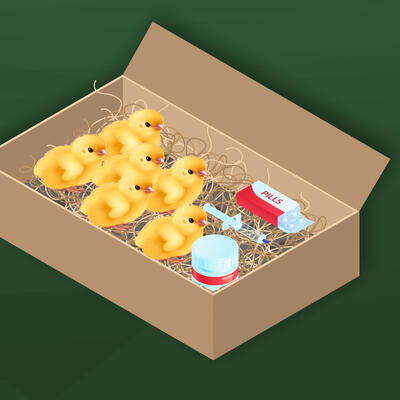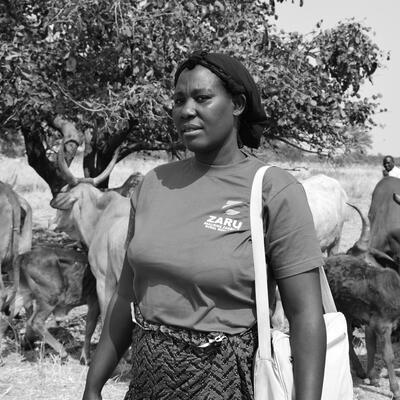
Transformational village-based approach increasing potato productivity across Meru County, Kenya
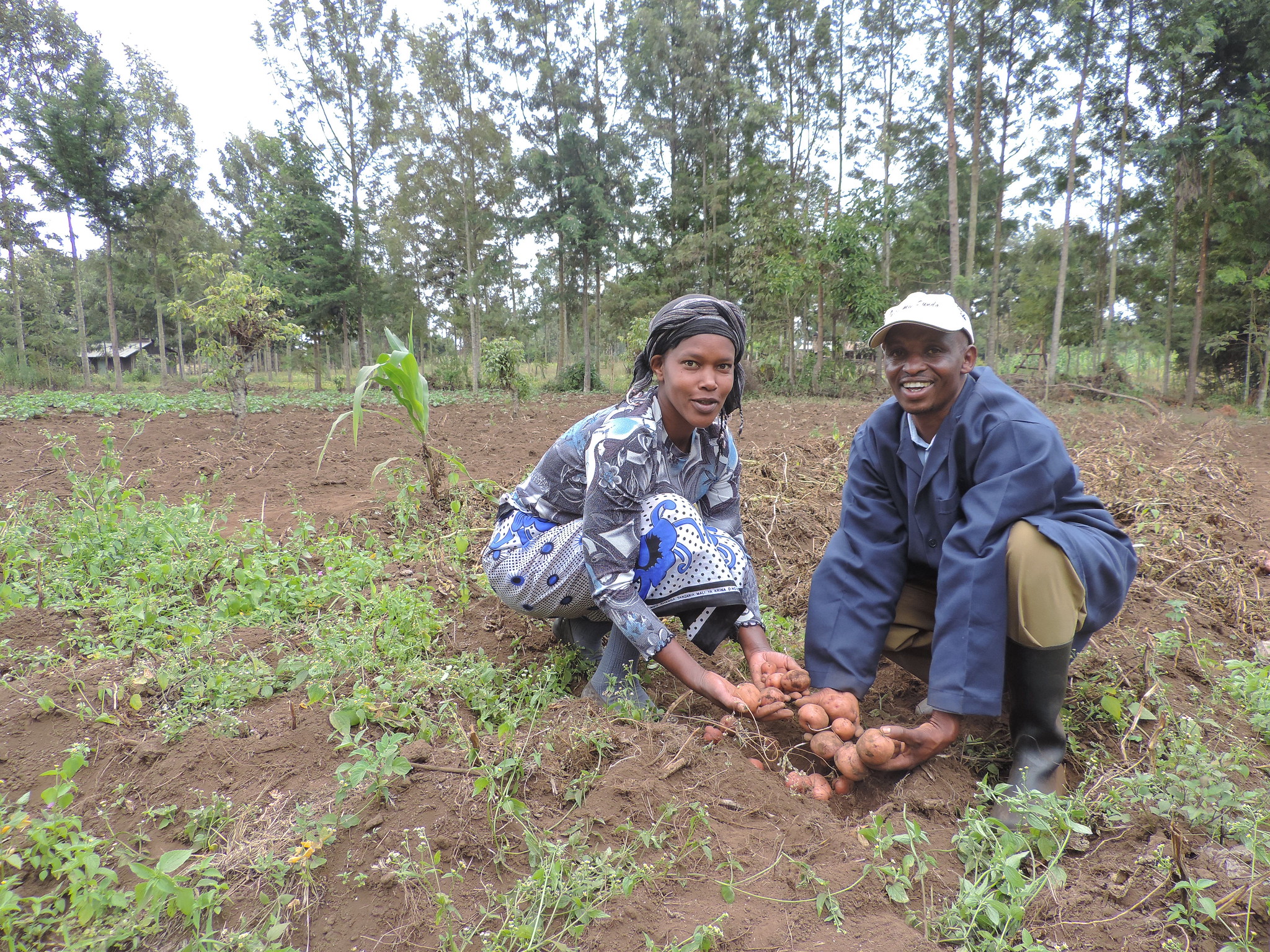
Through the scenic valleys of Ngachara village, one cannot help but appreciate the beauty of the surrounding farms; greenery as far as the eye can see. Situated in Meru County, one of the leading potato producing counties in Kenya, Ngachara village contributes greatly to the production of popular potato varieties. Consumers repeatedly request for Meru potatoes for their unique taste. Notably across Meru communities, potatoes are incorporated in most of their diet, to them a meal always has to have potato for it to be considered complete.
Most farmers learn how to farm potatoes through observation, their parents or neighbours were the local potato experts who taught how to select varieties to grow and how the land would be prepared. Collectively the farming technologies used in these communities passed down from one generation to the next. However advances in agronomy have not been transferred across the generations. By making a few changes, issues that contribute to low yields, soil degradation and disease outbreaks can be addressed at the farm level.
The Feed the Future Accelerated Value Chain Development Program (AVCD), has targeted certain potato farmers across Kenya to equip them with the necessary skills and access to required tools to get them back on track.
Through the International Potato Institute (CIP) together with Farm Input Promotions (FIP), selected potato farmers in Bomet, Elgeo Marakwet, Meru, Nandi and Uasin Gishu counties will access improved technologies, training and research based interventions to improve their agricultural yields, food security and nutrition status.
Through an innovative extension model, villages collectively elect selected hard-working representatives to share advice, distribute and sell certified seed, stage demonstrations, hold field days and support other agricultural services. Identified as Village Based Advisors (VBAs), each representative will accelerate the use of certified varieties with good agronomy to about 150-200 farmers in their communities. With the supervision of a Network Coordinator, the VBAs are elected and trained with necessary inputs to establish a one-stop training centre for potato farmers to learn and share all potato related matters.
The AVCD program management secretariat had an opportunity to meet one of the VBA’s in Ngachara, Cyrus Bundi. Together with his wife Lucy and young daughter Joy, the family stood with pride ready take us around their one-acre farm. Elected as a VBA in May 2016, Cyrus has since under gone training and support from CIP. He has received 200 kg of seed samples, 100 kg for his demonstration plot and 100 kg to distribute in 1 kg sample units to 100 neighbouring farmers. He provides best practice potato farming knowledge and training to his farmers with additional assistance from his potato production and training manual. His role is critical in the community as he documents issues or questions from the farmers to later discuss with his respective FIPs Network Coordinator.
“Before I would only get 150 kg (3 bags) of seed potato from my 1/8th plot but with this certified seed and planting techniques I just harvested a tonne (20 bags)! I am very excited, I just cleared more land to plant more!” said Cyrus as he looked over his freshly tilled plot.
“We will sell 10 bags (50 kg each) of the seed to pay from our firstborn’s third term fees, she is in Form 3,” Lucy added as she welcomed us to see their seed potato storage shed. A critical role VBA’s play is to be the local seed multipliers.This provides seed assess to the local communities year round.
Current constraints facing farmers like Cyrus and Lucy are access to certified potato seed and inputs. To plant one acre, 800 kg of seed potato is required. This is a huge constraint to small-scale farmers who have minimal incomes that limit their access to transport or extra labour requirements of this scale.
With the VBA approach we will reduce a number of these constraints and support communities to collectively improve their potato value chain from improved seed technologies to access to inputs to adoption of best practices that will improve potato agronomy for generations to come in and across Kenya.





